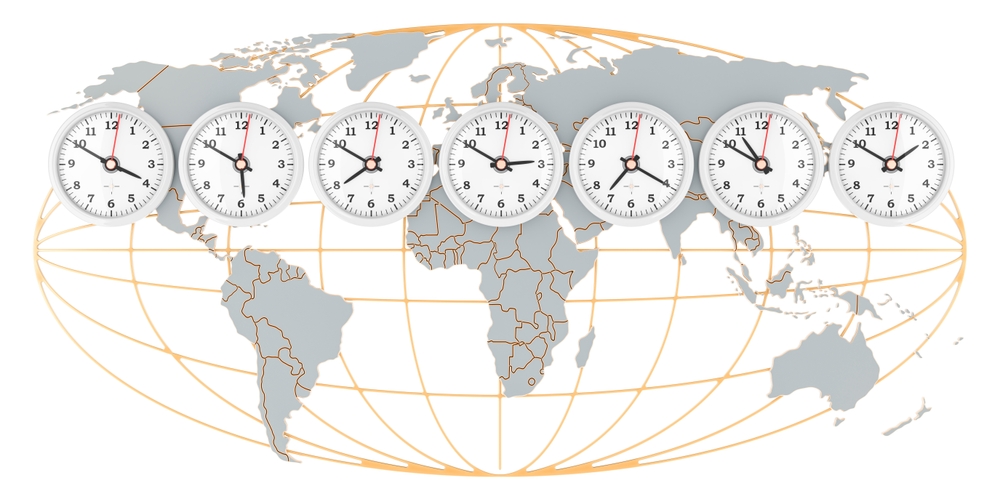Time is a fascinating concept, and it changes depending on where you are in the world. In this article, we’ll explore how time zones work, why they change, and how people in the UK and other countries are affected. We will also explain the difference between GMT and BST and provide useful phrases related to time.
The Earth is divided into different regions called “time zones.” These zones help people around the world keep track of time more easily. As the Earth rotates, the sun shines on different parts of the world at different times. To make things simple, the world is divided into 24 time zones, each representing one hour of the day.
The time in a zone is based on its distance from the Prime Meridian, which runs through Greenwich, London. This is why we call the standard time in the UK “GMT,” which stands for Greenwich Mean Time.


GMT, or Greenwich Mean Time, is the time at the Prime Meridian (0° longitude). It is used as a reference point for time all around the world. GMT does not change throughout the year and is the standard time during winter in the UK.
In the summer, the UK changes to BST, which stands for British Summer Time. This happens in March, when the clocks move forward by one hour. The change is made so that there is more daylight in the evenings. This is called Daylight Saving Time (DST). In October, the clocks go back one hour, returning to GMT.
BST is not unique to the UK. Many countries use a similar system, adjusting their clocks to make better use of daylight. However, not all countries have Daylight Saving Time. For example, countries near the equator don’t need to change their clocks because they get about the same amount of daylight all year.
UTC stands for Coordinated Universal Time, and it is the global standard for timekeeping. Like GMT, it is based at the Prime Meridian (0° longitude) in Greenwich, London. Unlike GMT, UTC does not change with the seasons—it remains the same all year round. Many countries and international organizations use UTC as a reference time, especially in technology and aviation, because it is consistent and reliable worldwide.
Time changes to help us make the most of daylight. In the summer, the sun rises earlier and sets later. By moving the clocks forward one hour, people can enjoy more daylight in the evening. This is useful for outdoor activities and can help save energy.
In the UK, the clocks move forward by one hour on the last Sunday in March and go back by one hour on the last Sunday in October. This system helps businesses and schools run more smoothly by keeping working hours in line with daylight hours.


Time changes affect everyone who lives in or communicates with people in different time zones. For example, if you live in the UK and want to call someone in New York, you need to know the time difference. New York is usually five hours behind GMT, but during British Summer Time, New York is four hours behind, as the US also follows Daylight Saving Time but on different dates.
English language students who study online from different parts of the world are also affected by these time zone changes. Imagine a student in Japan and a student in France both taking the same online English class with a teacher in the UK. During the UK’s winter (on GMT), a class at 9 AM in the UK would start at 6 PM in Japan (9 hours ahead) and 10 AM in France (1 hour ahead). However, when the UK switches to British Summer Time (BST) in March, the time difference shifts. For the student in Japan, the class would now begin at 5 PM, as Japan does not observe Daylight Saving Time, but for the student in France, it would remain at 10 AM, because France also moves to summer time around the same period.
This means students from different countries need to stay aware of how time zone changes affect their class schedules, especially in spring and autumn when clocks shift between standard and daylight saving times in some regions.
Here are five useful phrases to help you talk about time in English:

Time zones and changes in time, like switching between GMT and BST in the UK, affect people all around the world. Understanding how time works globally helps us communicate, travel, and work together more effectively. Knowing useful time-related phrases can also help you talk about time like a native speaker!
Start your 7-Day Trial now and access lesson 1 of all courses. More than 120 lessons at all levels.
With your Trial account, you can also try our Live Classes , Masterclasses and Conversation Café, so you can see if we are what you’re looking for.